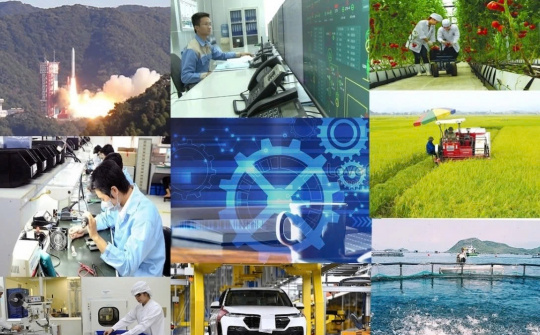VNHN– Minister of Agriculture and Rural Development Nguyen Xuan Cuong and Dutch Vice Minister of Agriculture, Nature and Food Quality Marjolijn Sonnema discussed ways to boost their partnership in sustainable agriculture and food security in Hanoi on April 9.
The two sides shared information and viewpoints on the policies, situation and potential of the bilateral cooperation within the framework of the Vietnam-Netherlands Strategic Partnership Arrangement (SPA) in sustainable agriculture and food security.
Minister Cuong and Sonnema agreed that the development of sustainable value chains plays the role as the backbone in the partnership between the two countries, with the focus on customers’ demands and production efficiency, not productivity.
Dutch technologies will contribute to the expansion of sustainable value chains by reducing post-harvest losses, they held.
The two sides concurred that the Netherlands and Vietnam will work together in building a roadmap to apply and develop post-harvest technologies.
They agreed that the transformation of the agricultural sector of the Mekong Delta region will remain a major cooperation orientation between the two sides within the SPA framework in the future.
Noting that diseases, especially the African swine fever that has caused great socio-economic loss, the Dutch side affirmed its willingness to support Vietnam in developing disease-free areas. The two sides also discussed issues related to animal and plant quarantine.
The Netherlands and Vietnam share many similarities and have enjoyed a traditional partnership in many areas, especially in agricultural and natural resource development.
Over the past few years, the Netherlands has been a leading partner of Vietnam in development, water management and climate change response. The two sides have jointly implemented a number of projects in biogas development, food safety, climate change mitigation and natural resources development.
Minister Cuong expressed his hope that the Netherlands would share its experience with Vietnam in reforming agricultural production, investment and businesses, as well as applying the achievements of the Fourth Industrial Revolution into smart agriculture, thus optimising the advantages of the Vietnamese agricultural sector, and enhancing the value of farm produce and improving farmers’ income.





